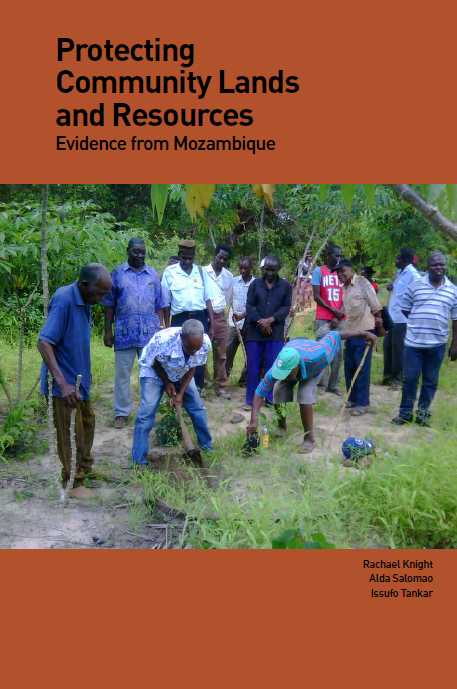Resource information
Mozambique currently has one of the highest rates of land concessions throughout Africa. In the coming years, if large-scale land concession grants to private investors are not carefully controlled, the amount of land still held and managed by rural Mozambicans will decrease significantly, with associated negative impacts on already impoverished rural communities. Such potential negative impacts may include displacement and dispossession of communities, environmental degradation, increased competition for land, and an associated increase in land conflict, which may have wide-ranging destabilizing effects.
Positively, Mozambique’s Lei de Terras’ (1997) community land delimitation process has enormous potential to safeguard community land and promote equitable, integrated local development. Yet sixteen years after the law was passed, the Lei de Terras has not been well or widely implemented: in 2010 the Mozambican government reported that only 323 communities out of an estimated 3,000 had had their lands delimited. This has largely been due to weak political will and lack of state resources: the government has not allocated adequate funding, training, or personnel to community land delimitation efforts and has instead focused primarily on promoting investment. Meanwhile, studies have found that rural Mozambicans’ awareness of their land rights is weak: even in those instances where people do know that they have strong land rights under Mozambican law, communities often have little idea of how to claim these rights in practice or defend and enforce their land rights during interactions with investors, state officials, or other powerful outside interests.



